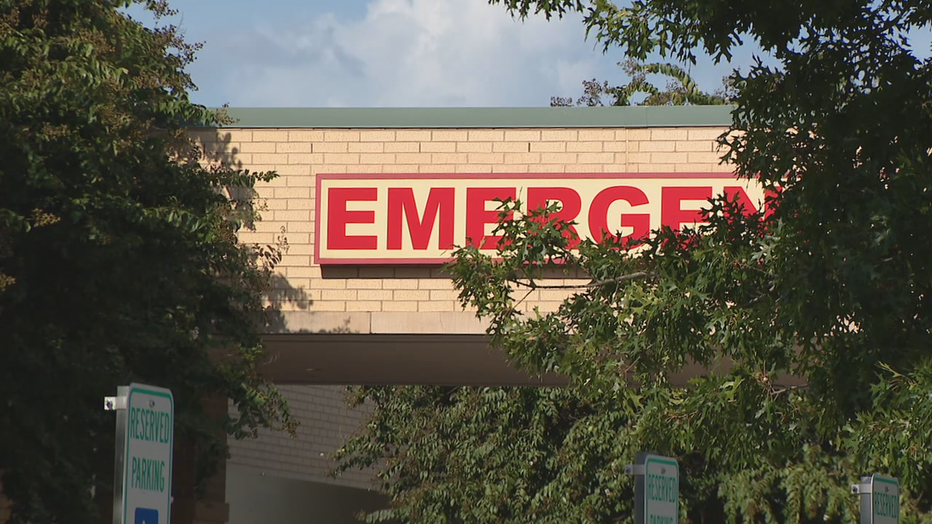Healthcare access for rural Texans remains scarce, medical experts say
DALLAS - Access to health care across Texas is getting harder for people in some rural communities.
During the pandemic, several clinics closed their doors, forcing people to drive farther to get to doctors’ offices and hospitals.
Texas is the fastest-growing state in the country, adding four million people over the last decade. But healthcare options in rural communities remain scarce.
Many rural hospitals are closing, and the pandemic has taken a toll on the small workforce serving remote residents.
As we pass the two-year mark of the COVID-19 pandemic, Molina Healthcare of Texas convened and hosted a panel of state medical experts to shed light on what they call a healthcare crisis that continues to plague rural communities.
"Even in the pre-pandemic era, Texas rural communities had difficulty accessing healthcare services because of travel time, limited number of providers and high rates of under-insured and uninsured residents," said Dr. Stacey Silverman with Texas A&M University.
Despite the state's record growth, Texas ranks 42nd in overall health system performance in large part because of how hard it is for rural residents to access the healthcare they need.

During the height of the pandemic, some rural hospitals had to close their ERs due to staffing limitations and bed shortages.
In many cases, patients drive upwards of two hours to see a doctor.
Dr. Russell Thomas Jr. is a primary care physician in Eagle Lake, a southeast Texas town with a population of just over 3,000. He says telemedicine has helped some, but there are limitations to what it can do.
"My patients are challenged to get in to see the specialist that they need," he said.
According to the Texas Organization of Rural and Community Hospitals, there are three million rural Texans. That’s about the population of the state of Arkansas. Still, 22 rural hospitals have closed over the past five years.
Part of the solution is to sponsor students from small communities who go to medical school and encourage them to come back and work where they grew up.
"Homegrown is critically important," Thomas said. "I'm from Eagle Lake, and that's where I'm practicing."
Financial incentives help, too.
"I think the best tool is loan forgiveness programs for folks who choose to locate and serve in rural areas," said Texas Organization of Rural and Community Hospitals CEO John Henderson.
The hope is during the next state legislative that there will be a surplus of funding that will allow the state to restart the Outstanding Rural Scholars Program, which provides loan forgiveness to those medical providers who serve rural residents.

